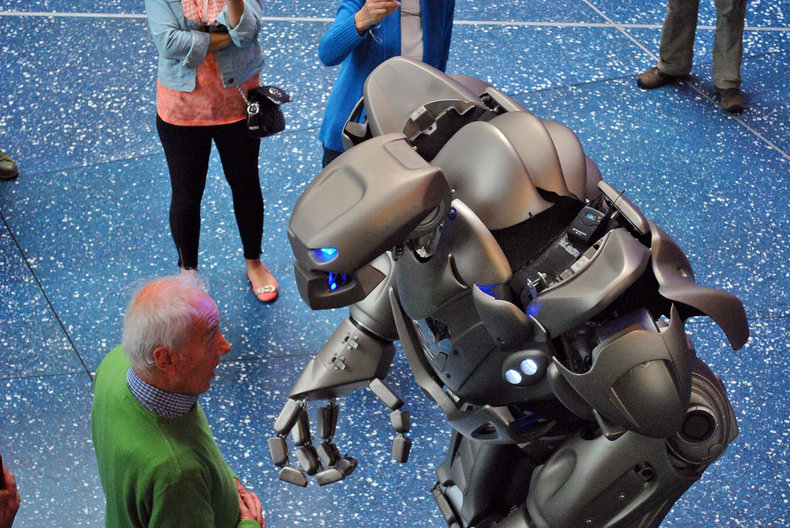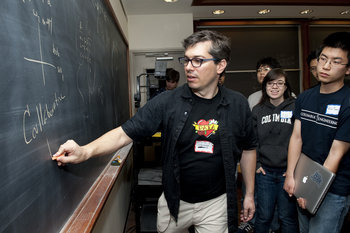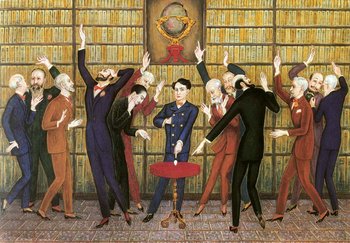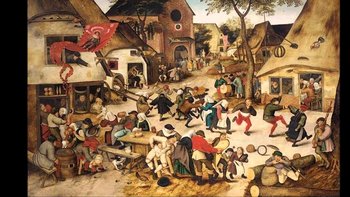
Forward Chaining
Forward Chaining is thinking from what you know to deduce new information. As a simple example:A. Accountants are usually good at mathB. Pete is an accountantDeduction: Pete is probably good at mathThe example above is an example of fuzzy logic because it's able to understand grey areas such as "usually" and "probably." It is also an example of forward chaining because it moves from things you know to new information.Backward Chaining
Backward chaining looks at future states and tries to figure out how they happen. This is useful for reaching a goal or avoiding a loss. For example, artificial intelligence may use backward chaining to examine all possible end states from a given moment in a chess game to determine sequences of moves that are likely to win.Opportunistic Reasoning
Opportunistic reasoning uses either forward chaining or backward chaining depending on the situation. An artificial intelligence may have multiple logic engines that are selected based on how well they have performed in the past for a given situation. In theory, a single artificial intelligence can have a large number of logic engines that it selects based on their past results for a particular type of problem.| Overview: Opportunistic Reasoning | ||
Type | ||
Definition | An intelligence that can perform either forward chaining or backward chaining depending on the situation. | |
Value | May outperform an intelligence that can only forward chain or only backward chain for a diverse problem set. | |
Related Concepts | ||






























